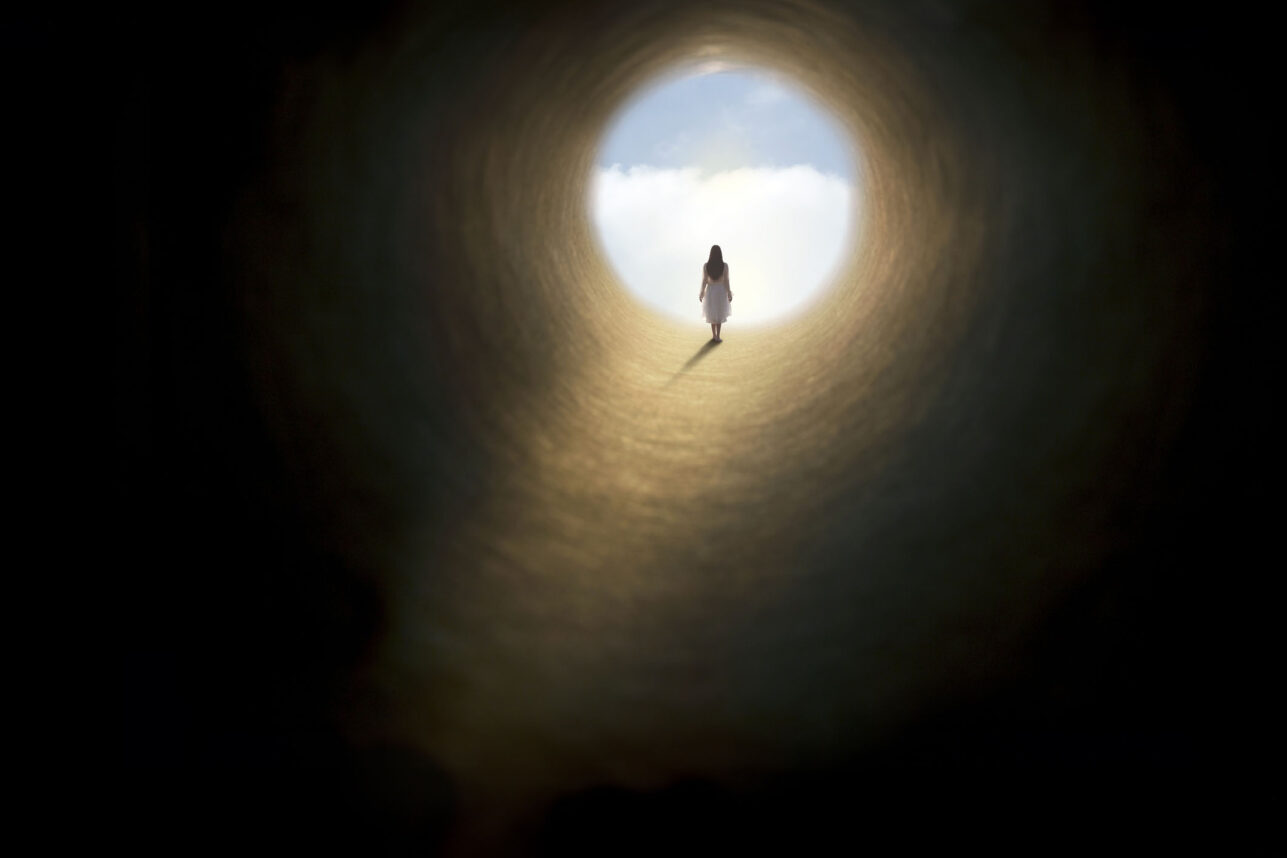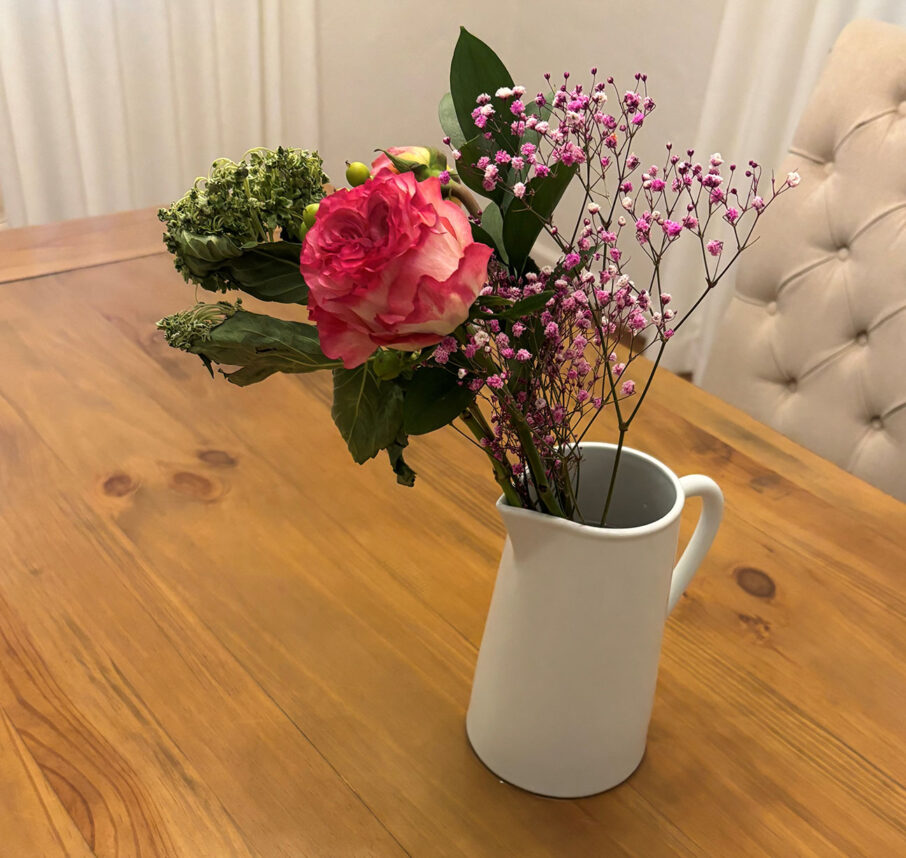
I used to complain constantly. When I’d wake up in the morning after a bad night of sleep and stub my toe on the way to the bathroom, I’d think “here we go,” and decide that everything else that day was going to go wrong as well.
I’d complain in my head, to my friends, to my family. In my perspective, life was tough, and complaining was one of the ways to feel better about it.
But the truth is that complaining did not make things any better. In fact, I complained so much that it made things worse. When I was in high school, one of my friends stopped hanging out with me because, as she told our mutual friend, I was a “Debbie Downer.”
When I discovered Judaism in my early 20’s and began the conversion process, I learned about how we have to be grateful for everything we have. As soon as we wake up in the morning, we say thanks to God for giving us another day of life. We thank Him every time we go to the bathroom, we thank Him for all the food we eat, and for making the world go ‘round. Every day, I think about how with all the chaos in the world and things that could go wrong, so much goes right because God wills it.
If I’m running late to an appointment because there’s bad traffic, I wonder: Did God put this traffic here to prevent me from getting into a car accident?
Shifting my mindset from one of complaining to one of gratitude did wonders for me. Whenever anything goes wrong, I think, “I guess God was protecting me from something.” If I’m running late to an appointment because there’s bad traffic, I wonder: Did God put this traffic here to prevent me from getting into a car accident? It helps me cope and makes me more positive about tough situations.
I realized that complaining not only didn’t make me feel better, but when I complained, I was draining others of their emotional energy. There is someone in my life who complains whenever they call me. When they solve one problem in their life, they quickly come up with another problem to complain about. I try to deflect by saying, “So, how’s the weather?” or “Anything good happen?” Usually, that works for a second before they go back to complaining. I have to hang up quickly, because I discovered I was always in a worse mood after talking to them.
When I feel the urge to complain, I think about how life is short and it goes by fast. If I got hung up on every little thing that went wrong, I’d be wasting my precious time if I have on this planet. Chances are, I won’t remember the issues I’m having today just a week from now.
Plus, I very much believe in a mind-body connection and that stress and negativity can cause you to become physically ill. I know that being anxious can increase your heart rate, but I think it can affect you on a deeper level as well as lead to disease in the body. It’s not worth it to me to feel stressed, anxious, or down because it could shorten my lifespan.
I’m not saying that I don’t believe in venting. I think there’s a difference between mindless complaining and constructive venting. With the latter, you can accomplish something and figure out a better solution to a problem you’re facing.
I save most of my venting for therapy, because my therapist is a trained professional who can interpret my issues, help me decide what to do about them, and empower me to feel better about my life. Everyone should have a trained professional they can talk to, because just as much as complaining can cause sickness, so can holding everything in. Constructive venting is a very necessary form of self-care and self-love.
Things are going to go wrong in life; that’s something I cannot control. But by being grateful and resisting the urge to complain all the time, I can control the narrative in my brain and look at life from a much more uplifting – as well as healthier – perspective.
Kylie Ora Lobell is the Community and Arts Editor for the Jewish Journal.
























 More news and opinions than at a Shabbat dinner, right in your inbox.
More news and opinions than at a Shabbat dinner, right in your inbox.